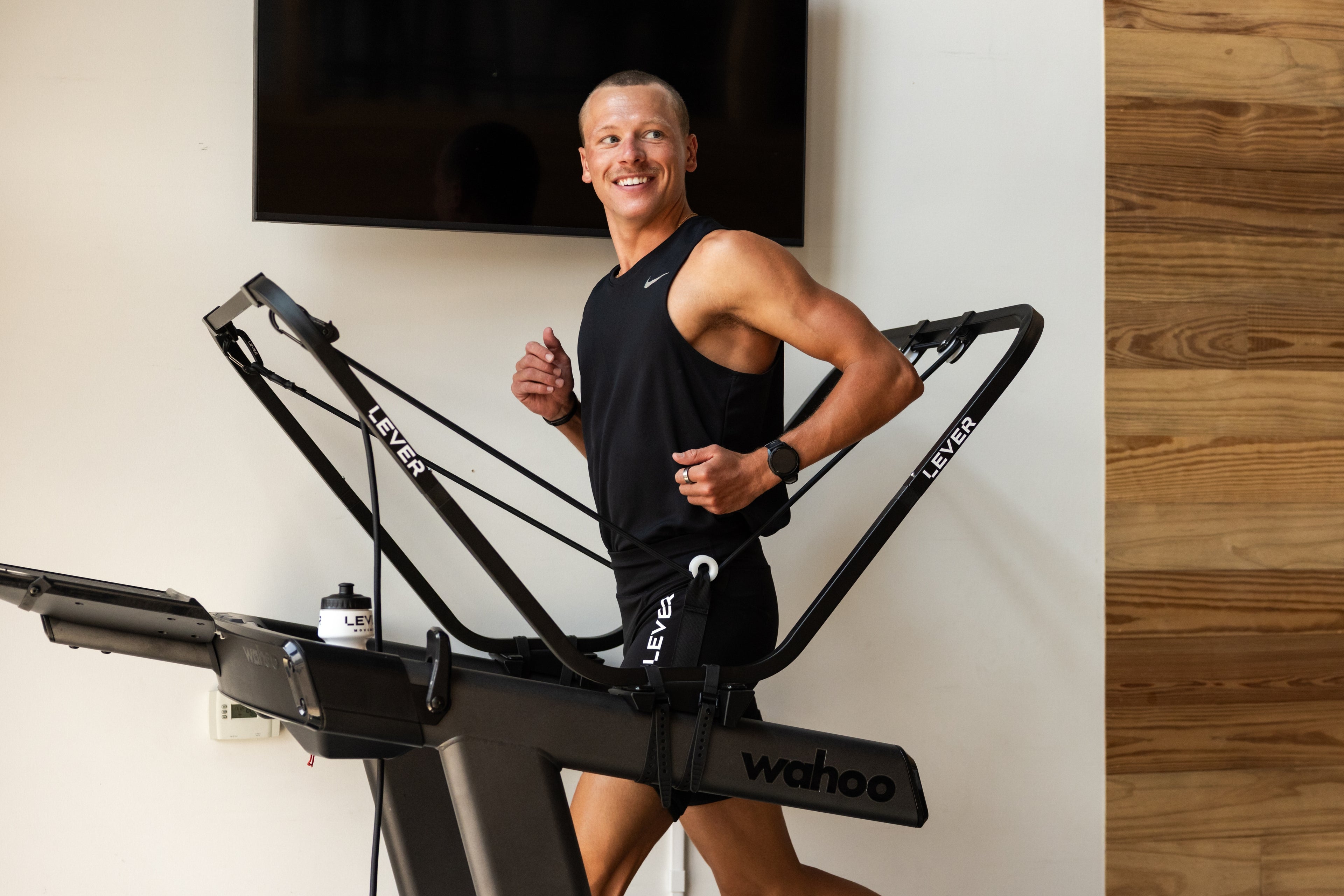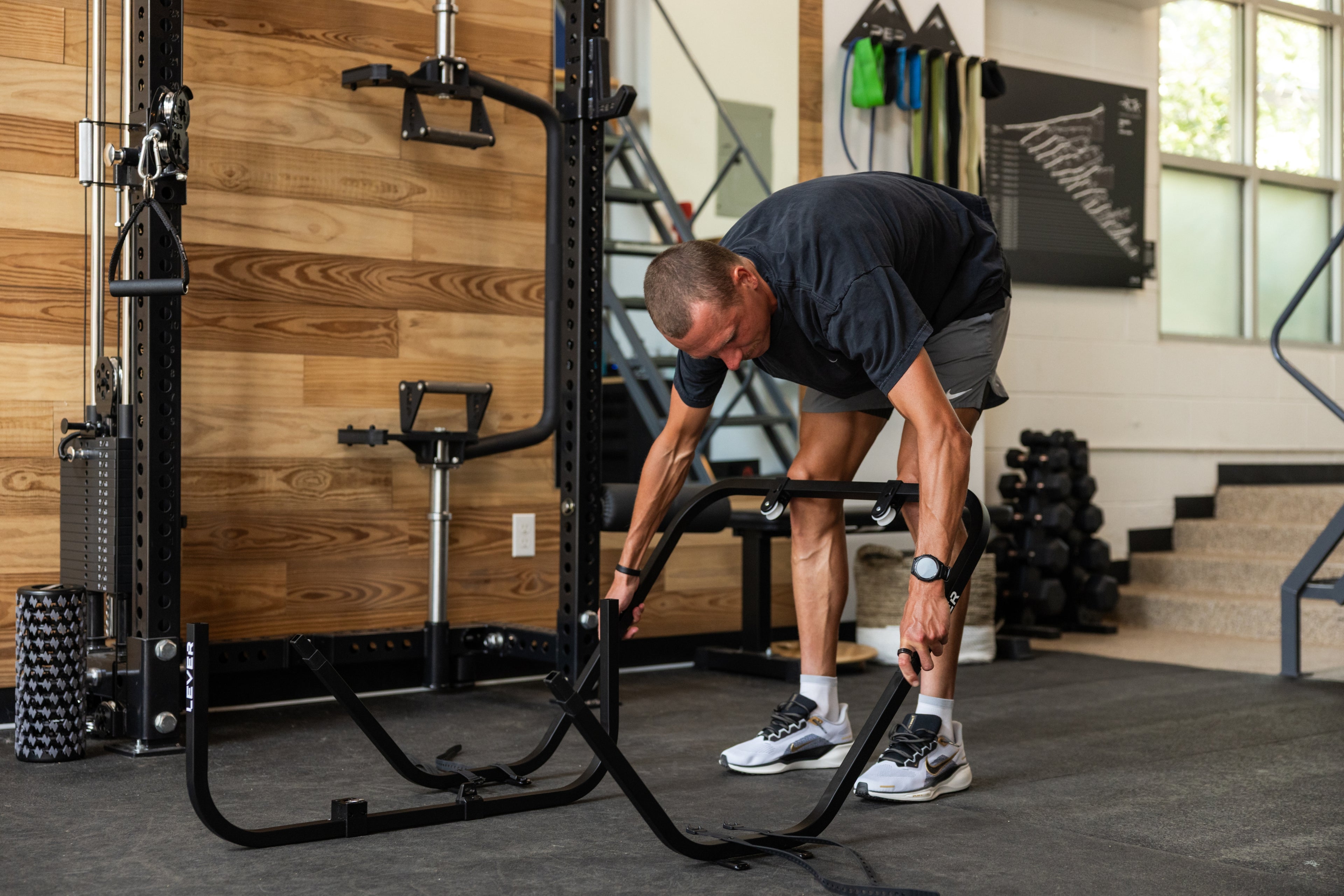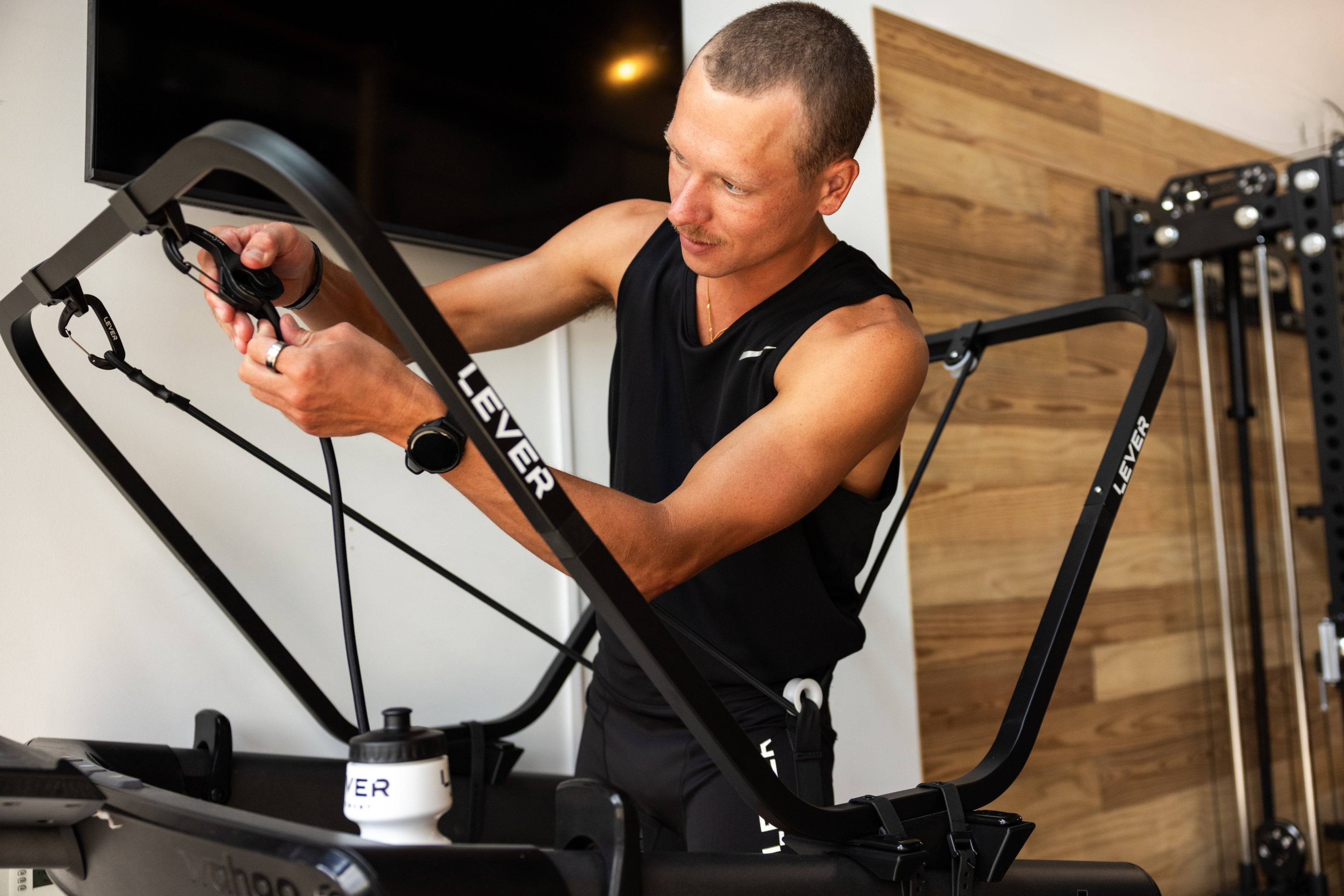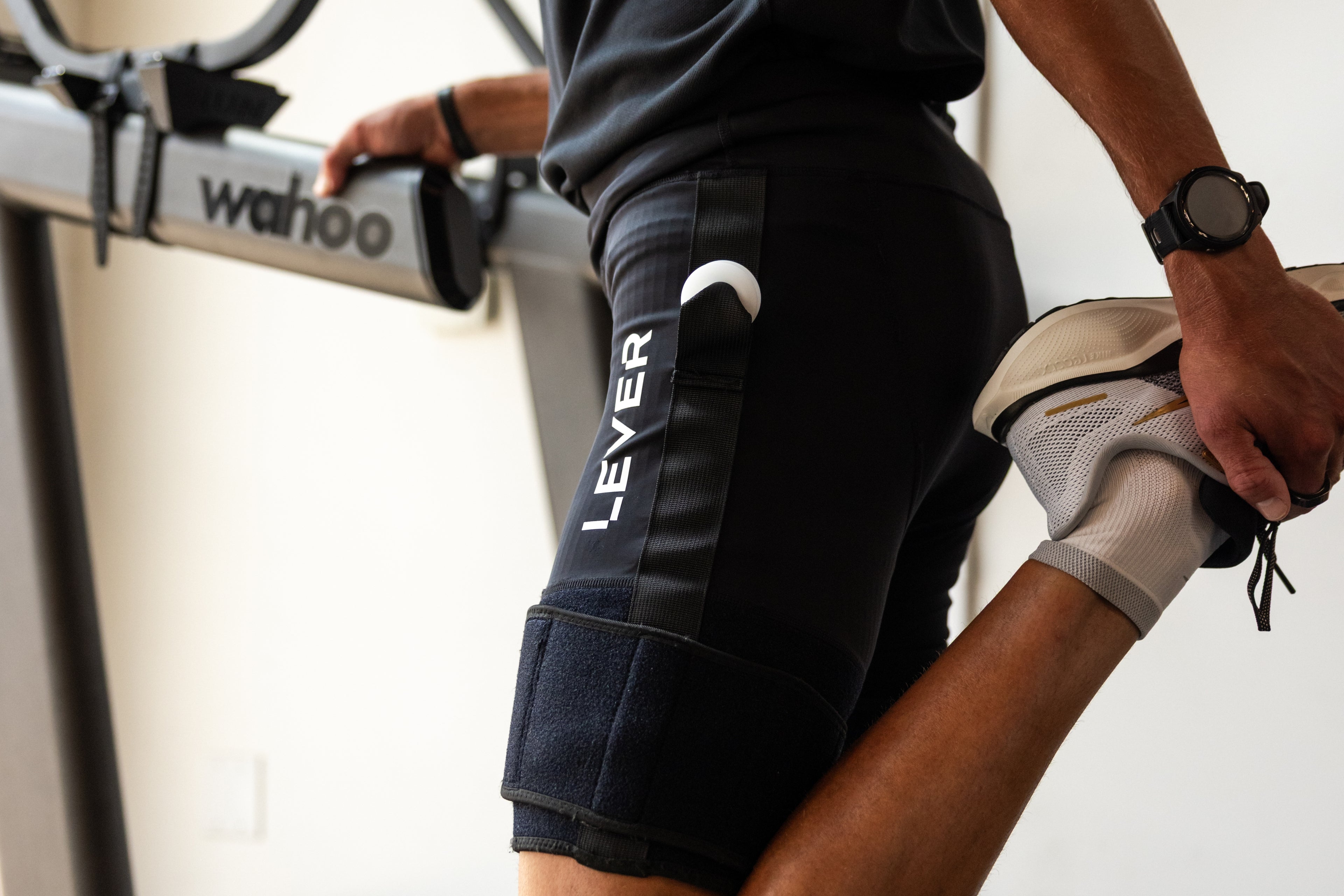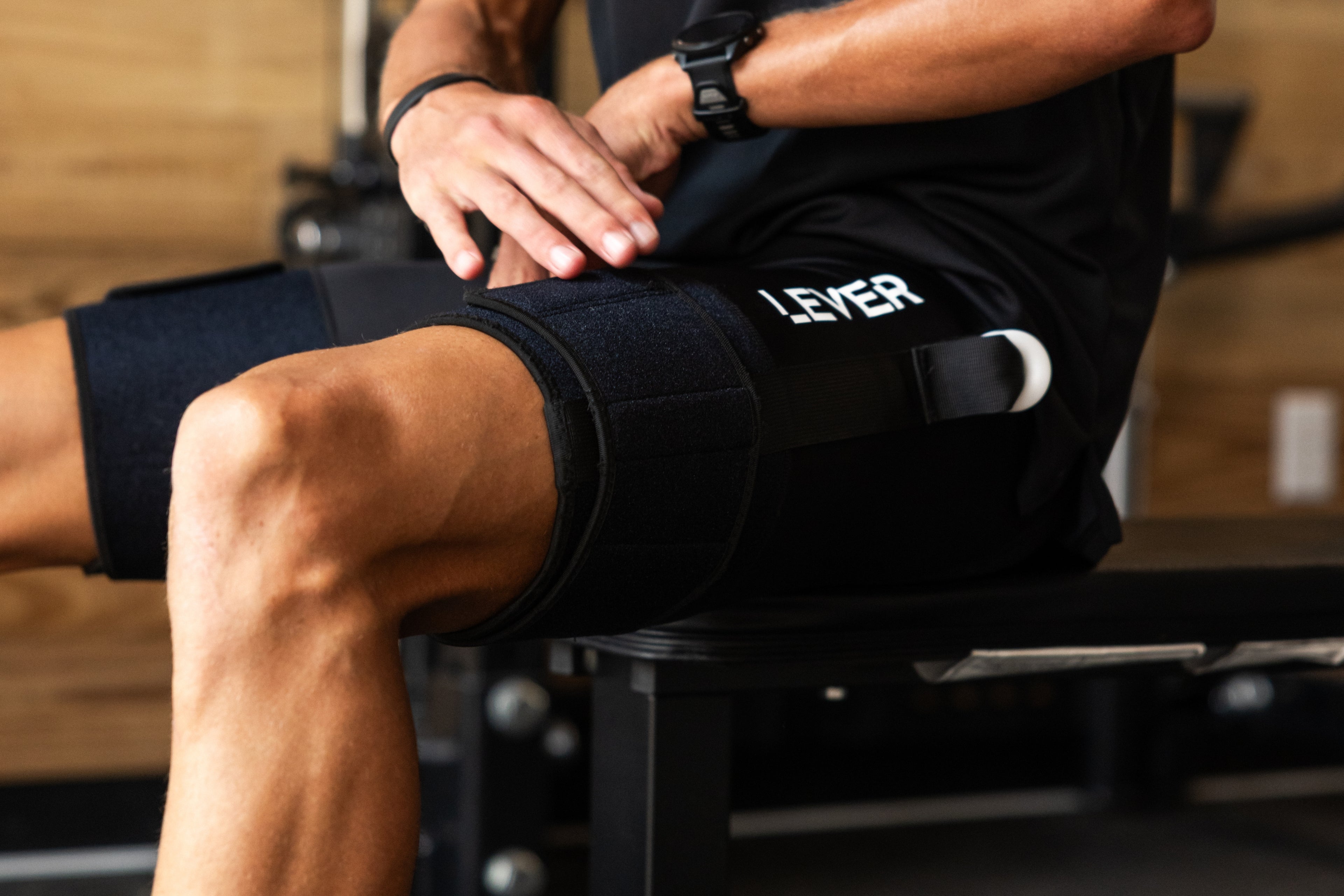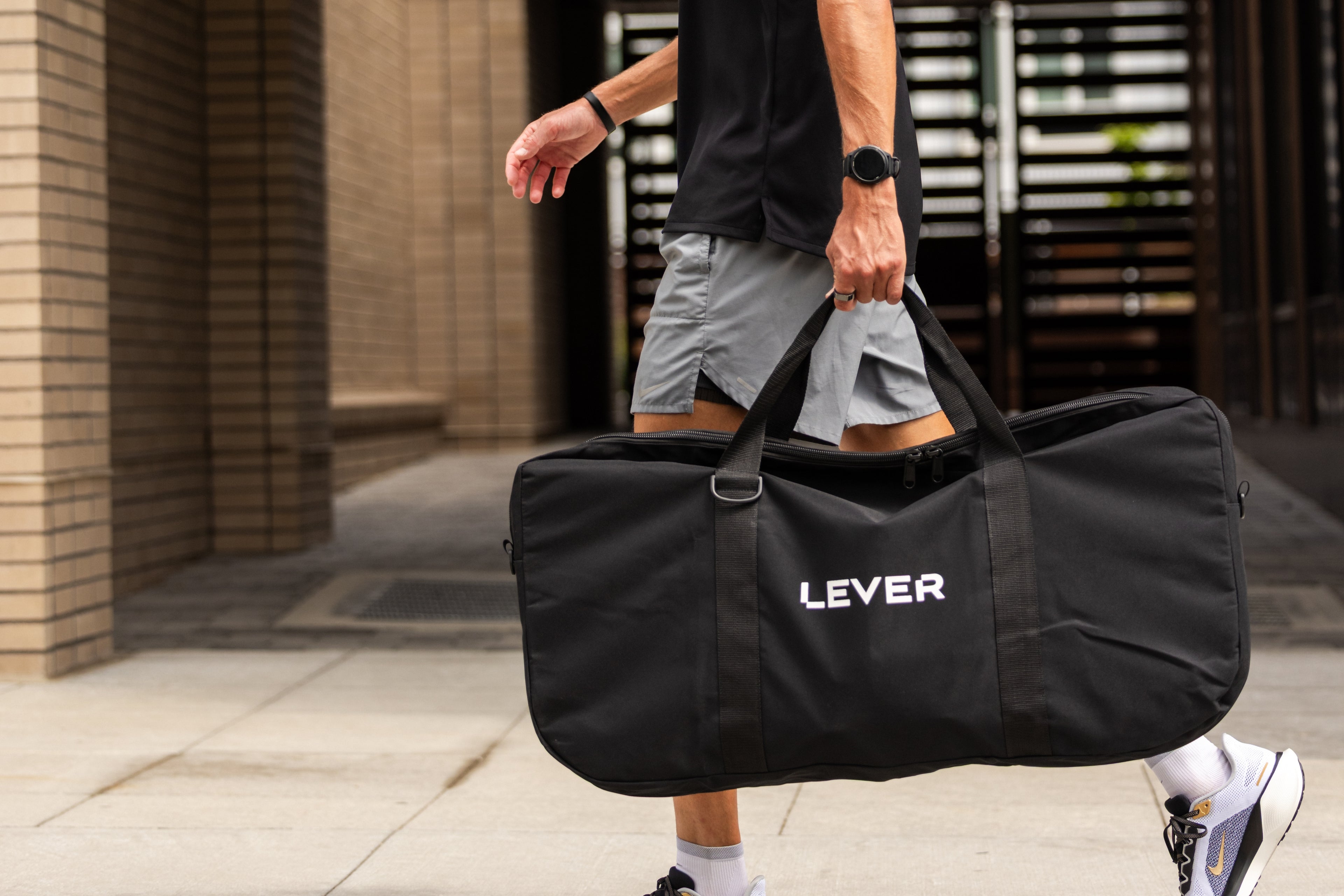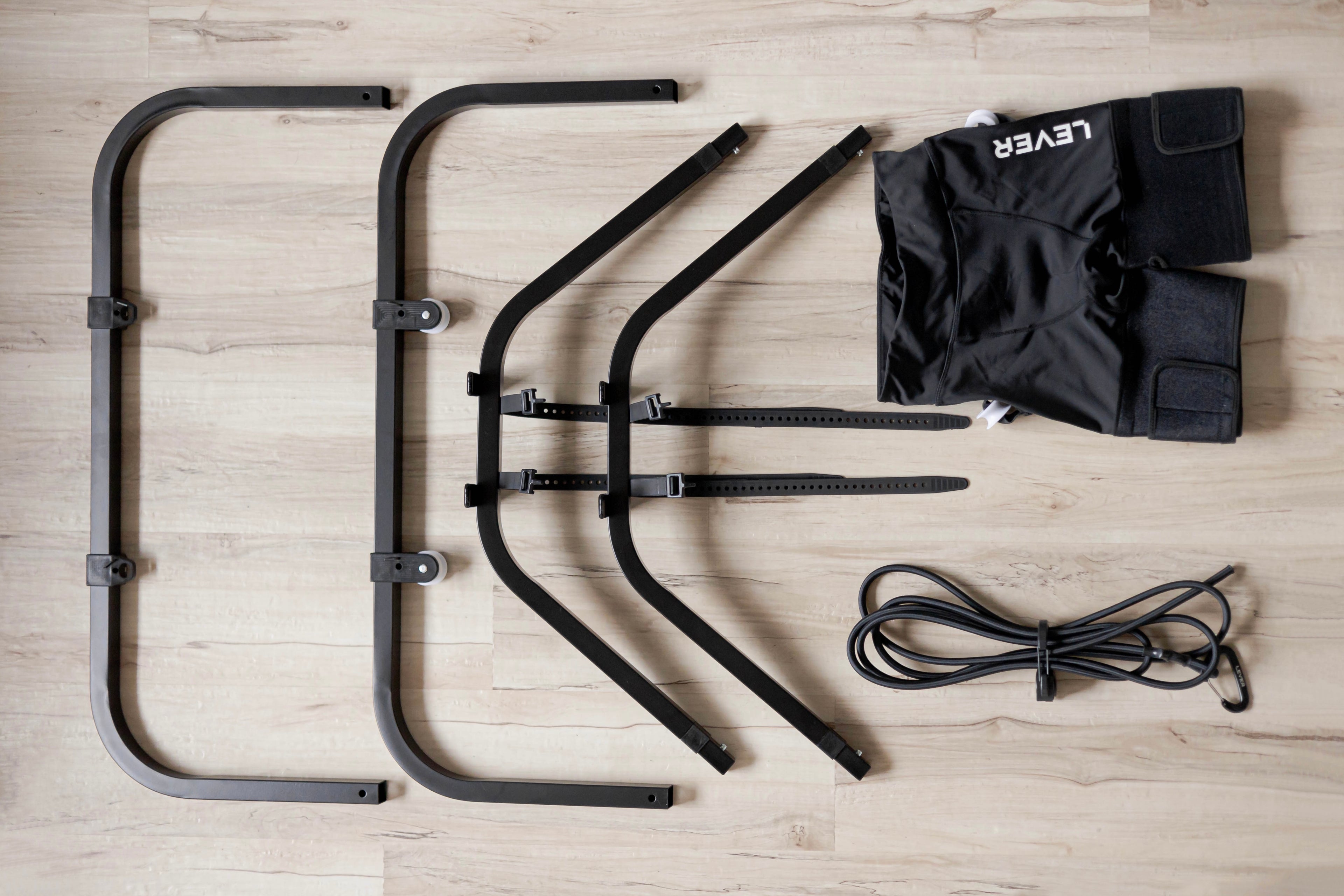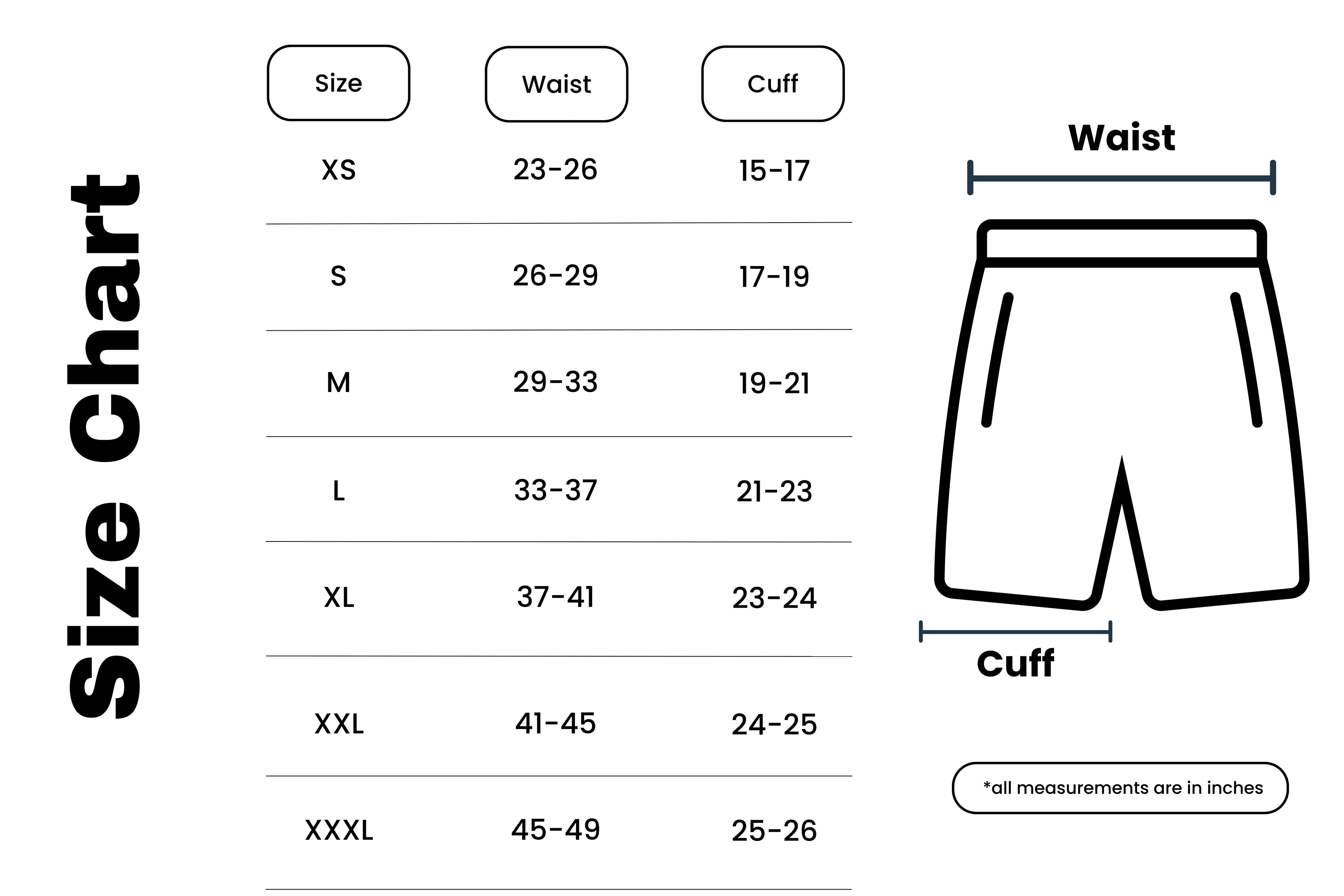As runners, we constantly seek ways to enhance our performance while minimizing the risk of injury. One intriguing method gaining attention in recent research is the use of body weight support (BWS) systems. A recent study published in Thieme Connect sheds light on how BWS can influence running efficiency and reduce the load on our Achilles tendon.
Understanding the Achilles Tendon and Its Importance
The Achilles tendon, the largest and strongest tendon in the human body, plays a crucial role in our running mechanics. It absorbs and releases energy, allowing us to propel forward with each stride. However, due to its significant workload, it's also prone to injuries, particularly in runners who push their limits.

What the Research Revealed
The study conducted by a team of researchers focused on how BWS affects the Achilles tendon during running. Here are the key findings:
-
Reduced Ground Reaction Force: BWS significantly lowers the ground reaction force, which is the force exerted by the ground on the body during running. This reduction can lead to decreased stress on the lower extremities, potentially preventing injuries.
-
Lower Achilles Tendon Stress and Force: By supporting a portion of the runner's body weight, BWS reduces the peak stress and force experienced by the Achilles tendon. This is particularly beneficial for individuals recovering from Achilles tendon injuries or looking to prevent them.
-
Maintained Foot Strike Angle: Despite the reduction in weight, the foot strike angle remained similar to normal running. This indicates that BWS does not alter the natural running mechanics significantly, allowing runners to maintain their usual stride pattern.
-
Cadence Adjustments: The study noted a reduction in cadence (steps per minute) with BWS. While this might seem counterintuitive, it could be a result of the decreased need for rapid turnover due to the reduced load.
Practical Applications for Runners
Incorporating BWS into a training regimen can offer several advantages:
- Injury Prevention: For runners prone to Achilles tendon injuries, BWS can provide a safer training environment by minimizing tendon stress during high-intensity workouts.
- Rehabilitation: Runners recovering from Achilles tendon injuries can use BWS to gradually reintroducing running without overloading the healing tendon.
- Performance Enhancement: By reducing the overall impact on the body, runners can increase their training volume and intensity without the corresponding increase in injury risk.
The incorporation of body weight support systems in running presents an exciting opportunity for both injury prevention and performance enhancement. This study's findings highlight the potential of BWS to reduce the load on the Achilles tendon, making it a valuable tool for runners at all levels. Whether you're recovering from an injury or looking to push your limits safely, BWS could be a game-changer in your training arsenal.
Reference:
Effects of Body Weight Support in Running on Achilles Tendon Loading. Thieme Connect. Available at: https://www.thieme-connect.com/products/ejournals/html/10.1055/a-2113-1026.











